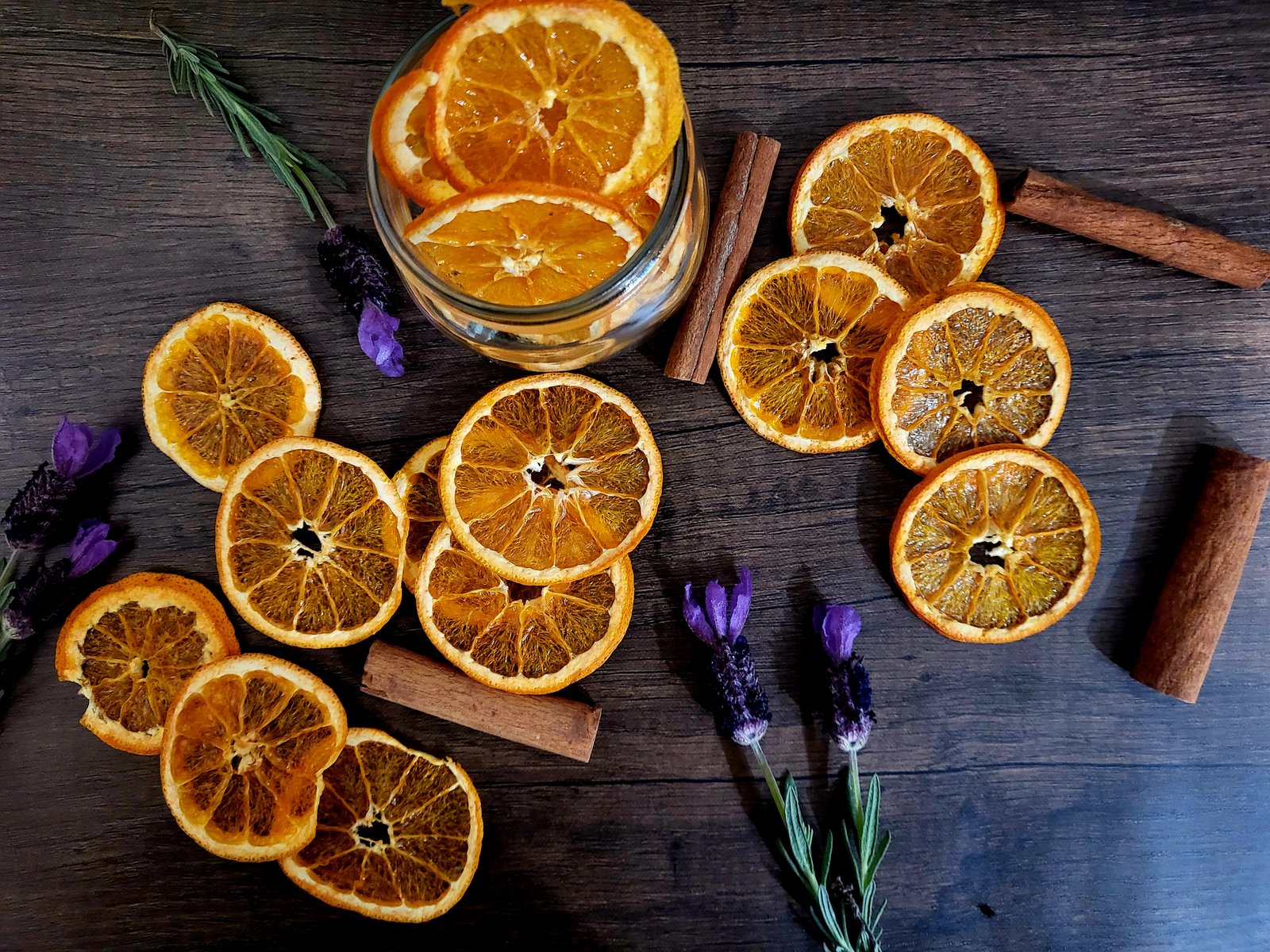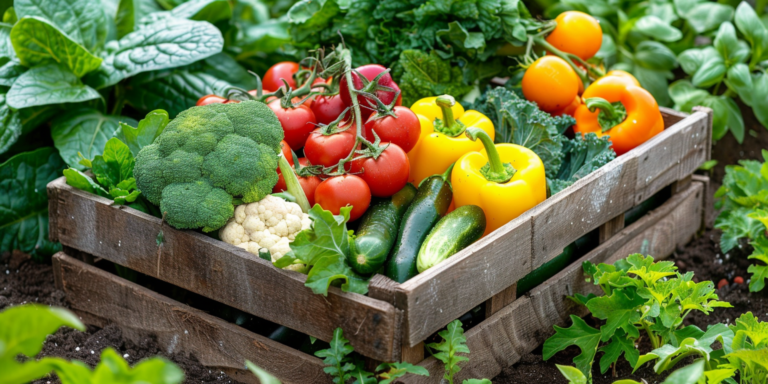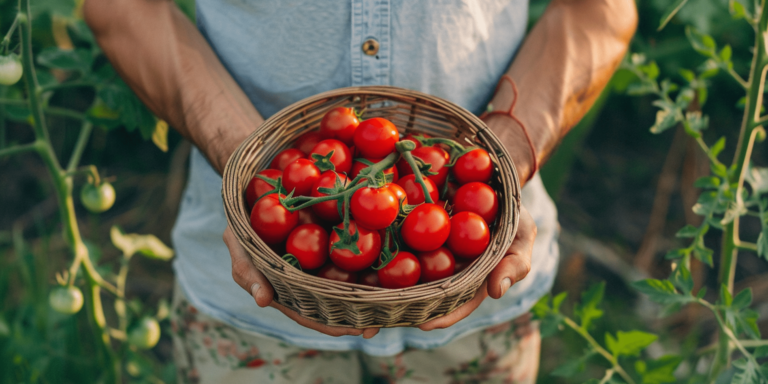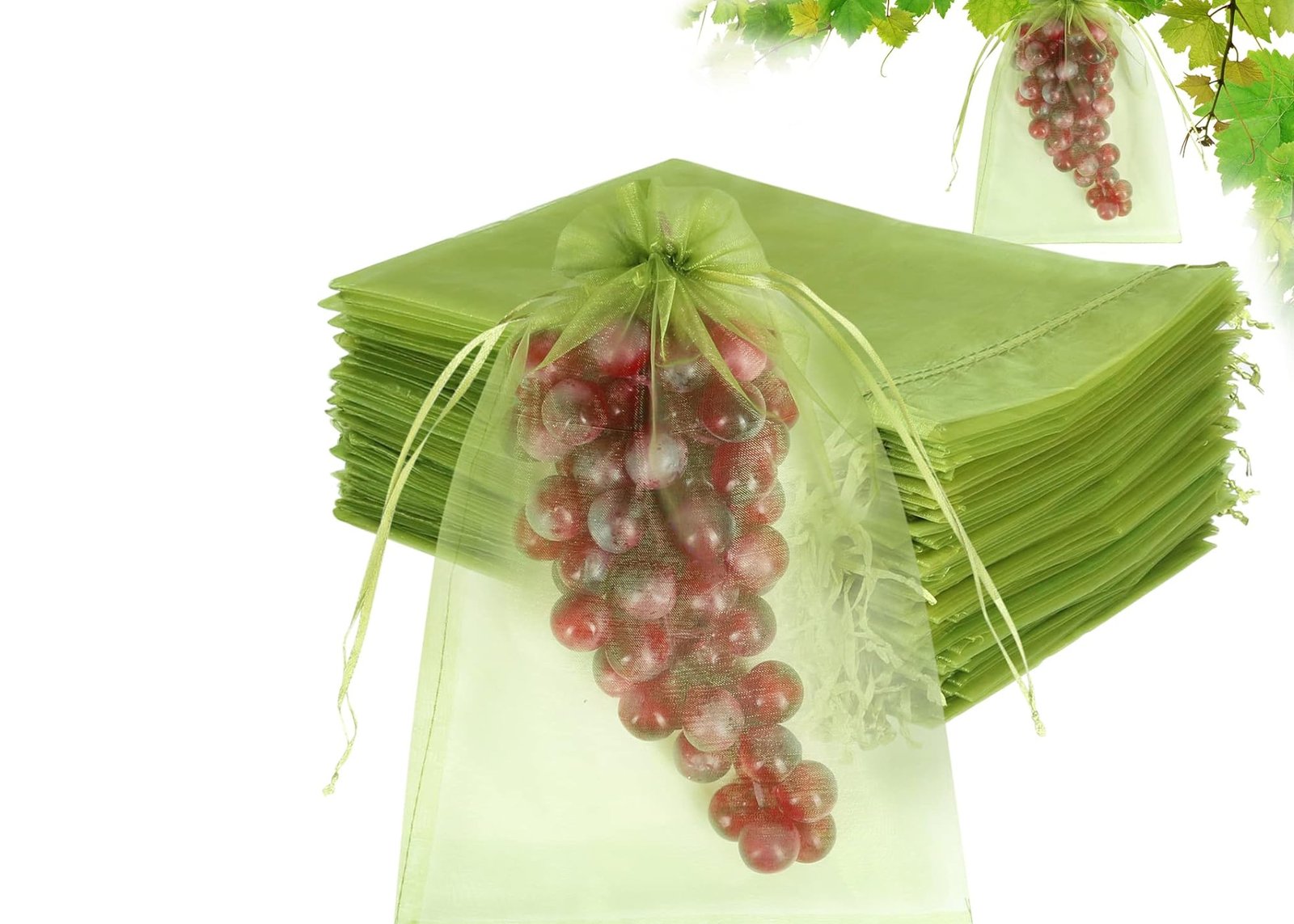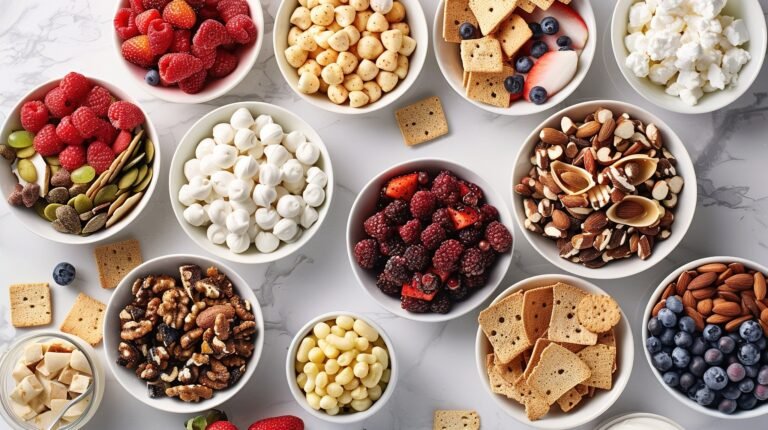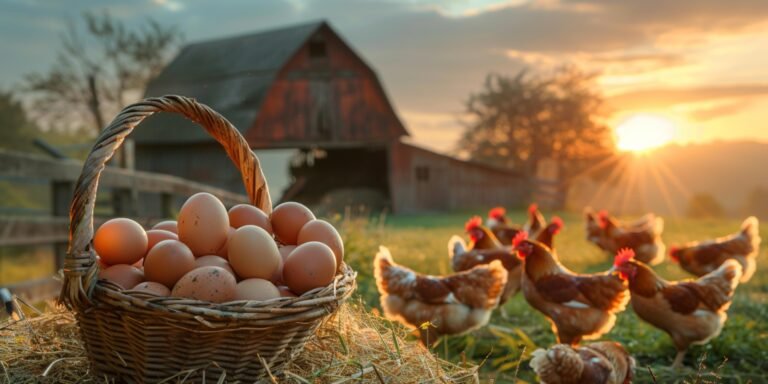Self Sufficiency
More and more people are learning just how important it is to increase their self sufficiency. We have become incredibly dependent on the systems in place and many of us are just beginning to learn how harmful those systems really are.
Almost daily, there’s another food item recalled due to potentially fatal contamination. Crops are watered with the same water that came from the cow yards. Pesticides are coating our fresh fruits and vegetables. Animals are raised in unsanitary and downright cruel conditions, which only adds to the spread of disease and increases the likelihood of yet another mass recall.
Then, there’s everything Covid taught us. When things shut down, we learned how quickly an entire grocery store can be wiped out, leaving our families without food or basic living supplies like toilet paper. Remember the toilet paper? Yeah, me too.
So, more and more of us are reaching back in time and embracing the lifestyle of our great-grandparents. Thankfully, we have a lot more tools at our disposal than they did, but the idea is still the same. Living off our land is ideal. The less we need to rely on the corporations that fuel our society, the better.
Homesteading
Homesteading isn’t new. It simply used to be called “living”. We all used to homestead. The great thing is that now, you can homestead, even with no land at all. Your homestead doesn’t need to be a large-scale operation. If you have a window, you can grow some food in a pot. And just like that, you’ve started to homestead! It really is as simple as that.
No matter what you have, you can get started in small ways. Maybe you don’t want to grow any food at all. If you just want to reduce your waste, that’s a way of homesteading too. In my house, we rarely use paper towels and I haven’t bought facial tissue in over two years. I have severe allergies and I still don’t need to buy tissue. Using reusable items in place of disposable ones is a way of homesteading.
My point is that you don’t need to do everything or nothing. There is a very large middle ground. The point is to just get started. In most cases, we really love to feel like we’re making a difference, so we do more and more. It may start with switching to kitchen towels rather than paper towels. But before you know it, you’ll be making your own oils and growing basil in your windowsill.
30 Days To Self Sufficiency
Self sufficiency won’t happen overnight, but these bite sized topics will help you along your journey and get you to a place where you are confident in your skills. Click on a day to learn more and see how I do things on my homestead.
Day 1 – Plan Your Garden
It all starts with a plan. See everything you need to know to plan for success and make your garden work for you.
Day 2 – Build Your Garden
Now that you have your layout planned, you can build it. See the different options and find what’s right for your space.
Day 3 – Prepare The Soil
For your plants to succeed, they need the right nutrients in the soil. Not just any soil will work. I’ll walk you through how to know what it needs.
Day 4 – Plant Varieties
Next, you need to know what types of plants will be best for your garden. All plants are not created equally and I’ll show you what to look for.
Day 5 – Planting The Seeds
Now that you know what to plant, you can get to planting. Some seeds, you’ll want to plant indoors and other should be started outside.
Day 6 – Herbs And Weeds
In this section, I’ll talk about some herbs to grow as well as some beneficial weeds you might want to grow in your garden.
Day 7 – Chicken Coop
Before you get chickens, you need a place to keep them. Learn about coop designs, necessary features and what you don’t need.
Day 8 – Getting Chickens
From hatching chicks to full grown hens. I’ll share the best places to get your chickens and what you need to know about each place.
Day 9 – Garden Weed Control
Different mulching options will offer varying benefits and challenges. I’ll show you what I use in my garden and talk about your options.
Day 10 – Fruit and Nut Trees
Fruit and nut trees can take a while to get established, but they are an incredible source of food that produces year after year.
Day 11 – Small Livestock
Keeping a small herd of goats or sheep can be a really fun way to add a milk source to your homestead. Goat and sheep milk is great for soaps too!
Day 12 – Harvesting
There are easy ways to harvest and there are hard ways. I’ll show you the ways I love and what works best for me in my garden.
Day 13 – Water Bath Canning
Water bath canning is the easiest way to preserve your harvest. Lear what can safely be canned with water bath methods and what you need to do it.
Day 14 – Pressure Canning
Pressure canning will allow you to preserve even more of your harvest. Learn to safely pressure can almost anything you grow in the garden.
Day 15 – Reusable Alternatives
Reusable alternative to common disposable goods. See what I use in the kitchen and around the house to reduce waste.
Day 16 – Seed Saving
Saving seeds from your favorite fruits and vegetables means you’ll never run out! Learn how to save seeds and what you shouldn’t save seeds from.
Day 17 – Dehydrating
Dehydrating is a really fun way to preserve your harvest. I’ll share all my recipes from beef jerky to dehydrated potatoes and everything in between.
Day 18 – Vacuum Sealing
Dehydrated and dry goods are great candidates for vacuum sealing. Learn how to seal bags and jars for long term storage.
Day 19 – Oil Making
Making your own cooking oil is easy and fun. You can even make it from your own crops. Some oils are better for cooking, others for salves.
Day 20 – Food Storage
Now, to store all your hard work. I’ll cover all the places you can store your food from a pantry to your basement or even a root cellar.
Day 21 – Herbalism
The benefits of plants are astonishing. I’ll cover some of the basics and common ways to use the healing properties of plants.
Day 22 – Salves
What is a salve? I’ll share why you would want one and how to make them. Come up with your own formula or use one of my recipes.
Day 23 – Tinctures
Making Tinctures is a great way to get all the health benefits of the herbs you grow in the garden. Learn how to make and use tinctures yourself.
Day 24 – Infused Oils
Now that you can make your own healthy oils, let’s add some herbs to them and infuse them with even more goodness.
Day 25 – Cooking
Need a little boost to get your cooking skills going? I’ve got you covered. I’ll go over some tips and share some of my favorite recipes.
Day 26 – Baking
Baking is a great way to eat better snacks with minimal effort. Tips, tricks and favorite recipes will be shared here.
Day 27 – Equipment
If you’re wondering what I have in my kitchen, this is where you’ll find it. I have all the links ready to go, so you just need to choose what you want.
Day 28 – Basket Making
Making baskets is fun way to add your own style to your garden while having the right sized baskets for your needs.
Day 29 – Soap Making
Make your own laundry soap, dish soap and even body soap. You can make a lye soap from scratch or start with a base. Your choice!
Day 30 – Basic Sewing
Every homesteader should have some basic sewing skills and that’s what this section is all about. Only useful items here.
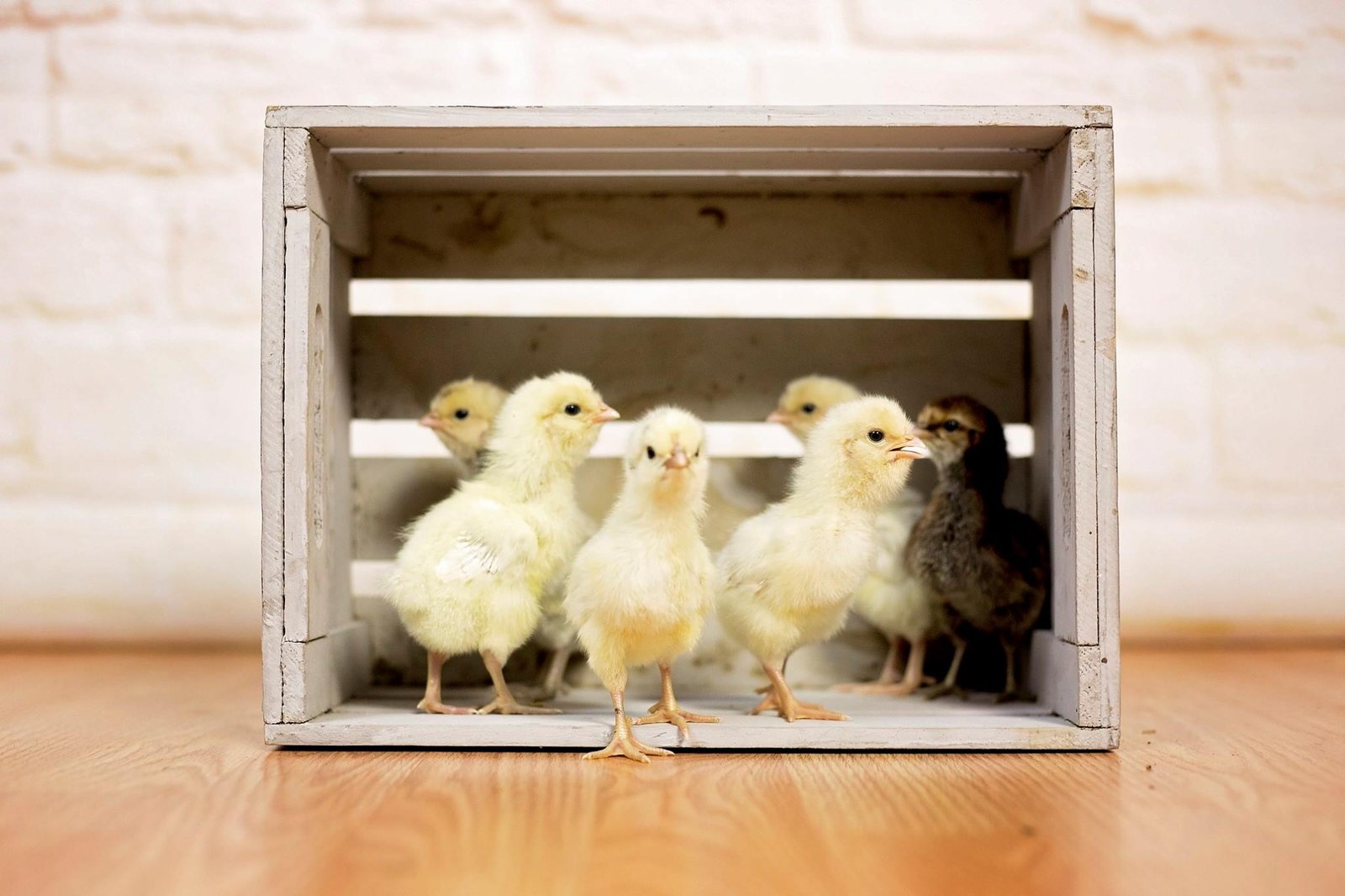
Self Sufficiency and Solar Panels
One thing I don’t cover in this section is solar panels. Solar panels can be a great addition to any homestead, but they aren’t right for everyone. This article discusses the options and can help you decide if solar is right for you.
We recently decided to get solar panels on our roof. Most of our property is shaded by oak trees, but technology had finally caught up to our property. Once the numbers finally made sense, we decided to go ahead and have solar installed.
One thing I didn’t expect is that when the power goes out, we have no power. I thought when we had solar panels installed, the power would be on no matter what happened, but that’s not the case. Since our panels are tied into the grid, we are still dependent on the grid. Without battery backup, there’s not a way to redirect the power directly to the house, so keep that in mind when considering your own house.
In the long run, it’s more financially beneficial for us to stay connected to the grid as we can sell our excess power back to the power company. This aspect is just something I hadn’t realized before we had solar panels put in. The good news is that I don’t feel bad running my dehydrators all day during the summer. We’re adding more power to the grid than we can possibly use in the summer.
